
08/12/2025
Ryanair reinstates two routes from Poland to Scotland
Copy link
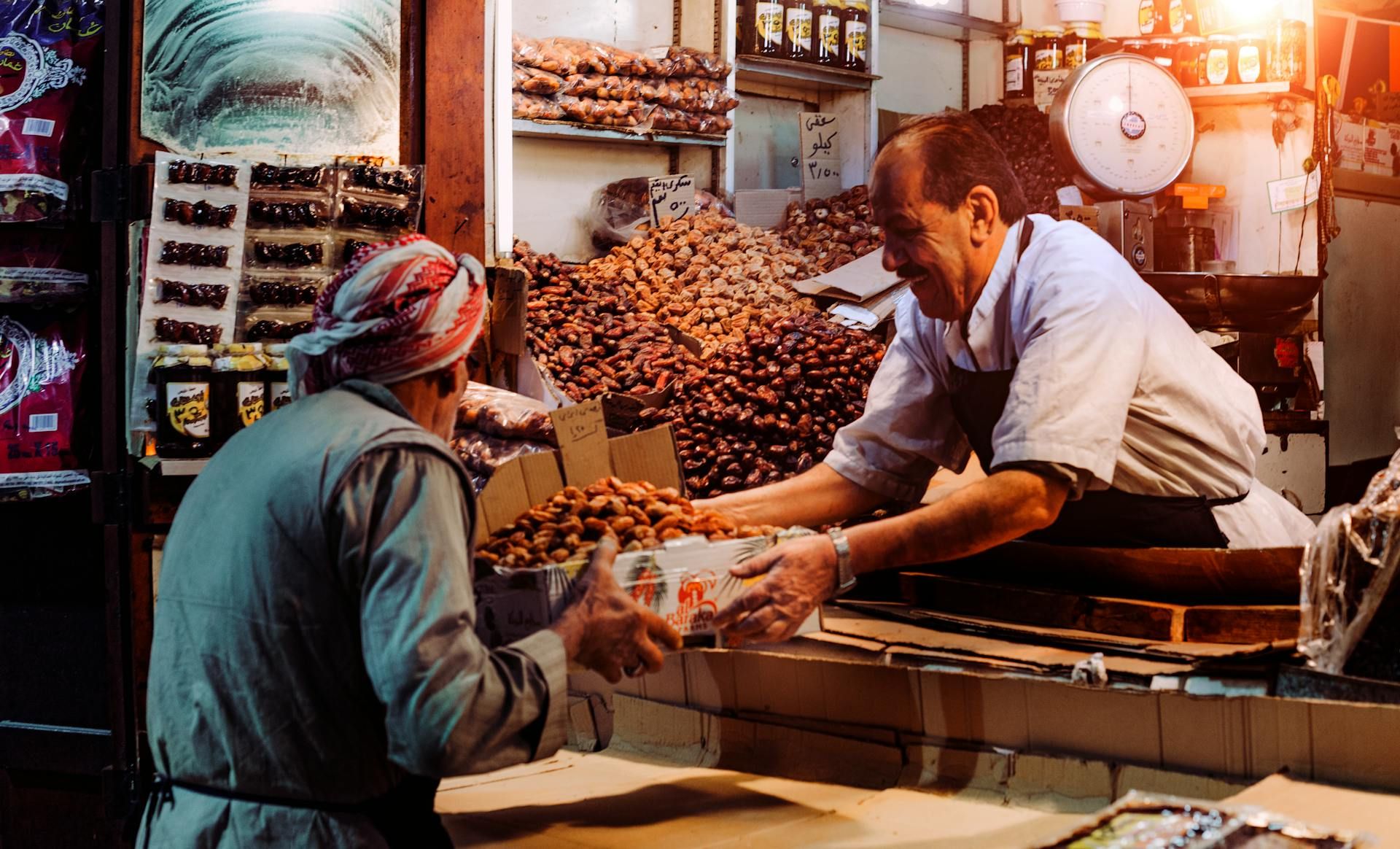
Amidst Dubai's futuristic architecture, its historical heart still beats. Souk Al Fahidi is one of the most authentic and fascinating souks in Dubai, allowing you to experience the authentic atmosphere of Dubai and learn about the richness of traditional UAE culture. This guide will provide you with key information about shopping, history and bargaining rules so that you can fully enjoy your visit to this traditional Dubai bazaar. In this article, you will learn what to buy at Souk Al Fahidi.
Al Fahidi is a historical gem of Dubai, where tradition blends harmoniously with the modernity of the city. Narrow streets and traditional houses decorated with characteristic wind towers (barjeel) create the authentic atmosphere of old Dubai, showing life before the discovery of oil. The local museums provide an in-depth account of the metropolis' rich history, making it the perfect place to see the lives of the inhabitants beyond the luxury and futuristic skyscrapers. This atmospheric district allows you to experience what life was like before Dubai became a modern metropolis. Visitors can find the famous Spice Souk and Textile Souk here, as well as take a traditional abra boat ride across Dubai Creek.
Where is Suk Al Fahidi in Dubai? Let's start with the context and location. The bazaar is integral to the historic Al Fahidi Historical District (often referred to as Bastakiya), located in the older part of the city – Bur Dubai. Its strategic location on the banks of Dubai Creek has made it a centre of trade for centuries.
To fully appreciate this place, you need to know its full history, which dates back to the early 19th century, when Dubai began to emerge as a key trading port in the Persian Gulf. The bazaar was not created by accident; its strategic location made it a major transit and distribution point for goods. Merchants, mainly from India and Persia (Iran), flocked here in their dhow boats to trade.
It was this intercultural exchange that shaped the cosmopolitan yet deeply traditional character of this place today. Narrow streets and historic buildings with characteristic wind towers (barajeel) are a living testimony to the era before the discovery of oil. A visit to this district is not just an observation, it is a deep immersion into the traditional culture of the UAE, allowing you to understand how trade and hospitality have shaped the modern Emirates. Souk Al Fahidi served as an economic and cultural melting pot before Dubai became a global metropolis.
And if you want to read more about the history of this place, check out our article: Dubai's historic Al Fahidi district – a guide.
Getting to this historic part of the city is easy. How to get to Souk Al Fahidi from downtown Dubai? The easiest way is by metro (Al Fahidi or Al Ghubaiba stations), from where you can take a short walk through Deira and Bur Dubai. For an unforgettable experience, take a traditional abra boat, which will take you across the Creek for a nominal fee.
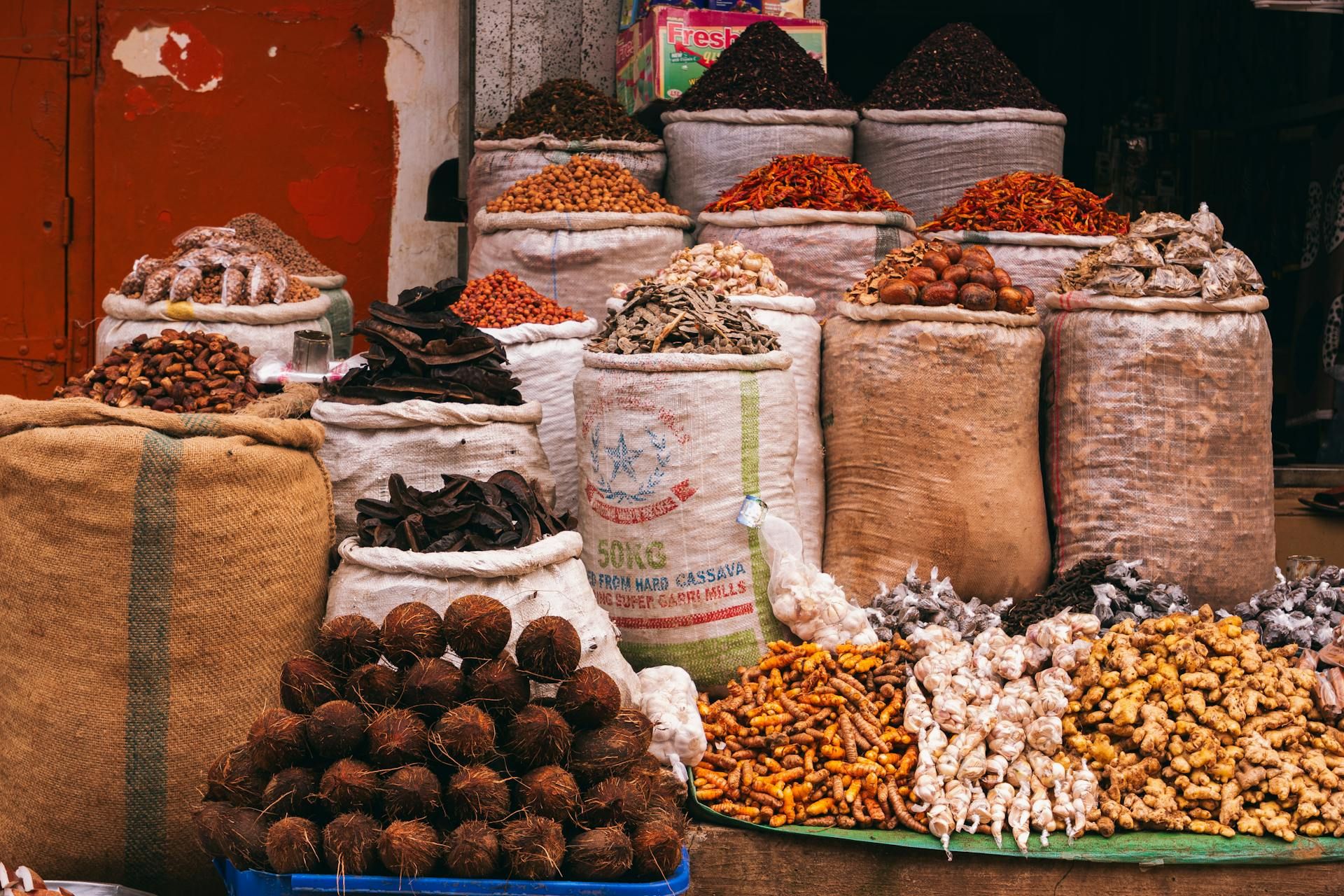
What can you buy at Souk Al Fahidi? This traditional Dubai bazaar is best known for its high-quality textiles. You will find a wide selection of fabrics, from silk to cashmere, as well as ready-made clothing such as traditional abayas (for women) and kanduras (for men). It is the perfect place to find the best souvenirs from Suk Al Fahidi. In addition to clothing, you can find intricately crafted items that are examples of Arabic arts and crafts, including lamps, carpets, leather goods and souvenirs related to traditional life. Keep in mind that when visiting attractions in Dubai, these historical sites offer souvenirs with much greater cultural value than those found in shopping malls.
Dubai's Gold Souk has over 380 vendors offering gold of various carats: 18, 22 and 24. Popular shops include Damas and Joyalukkas, which sell high-quality jewellery. The price of gold changes daily and is displayed on screens in the souk. You can get a 5% VAT refund at the airport, making this the perfect place to buy gold jewellery.
The spice souk in Dubai offers aromatic spices: saffron, cinnamon, cardamom, turmeric and cumin. You will also find dried fruits, nuts, rose petals, incense and herbal teas. Before buying, smell the spices to check their freshness and colour intensity. Avoid spices with mould or insects to be sure of their quality.
The key to successful shopping and experiencing the authentic atmosphere of Dubai lies in negotiation. There are no fixed, printed prices, so you need to be prepared to haggle. Can you haggle at Souk Al Fahidi? Yes, it is absolutely essential! Haggling is not only part of the transaction, but above all, it is part of the centuries-old traditional culture of the UAE and a way to interact with the merchant.
When it comes to prices and bargaining at Souk Al Fahidi, it is generally accepted that the initial price can be successfully reduced by 30% to 50%, especially for more expensive items such as jewellery, carpets or large quantities of textiles. Never accept the first amount offered. However, remember the rules:
Remember that when you visit the Arabian bazaar in Dubai and look for the best souvenirs from Suk Al Fahidi, you are not only bargaining for the price, but also participating in the lively trading tradition of the Emirates.
If you want to combine knowledge with practice, check out our guide: Arabic customs in Dubai – what you should know before you go
The Dubai Museum, located in the historic Al Fahidi Fort, is a must-see when visiting the Bur Dubai district. The fort, which is the oldest surviving building in the city (built in 1787), is a fascinating exhibit in itself. The museum's exhibition presents the history of Dubai in a clear and engaging way – from the modest life of the Bedouin community and traditional pearl fishing to the dynamic transformation into a modern metropolis full of skyscrapers. It is one of the most important museums in Dubai, uniquely showcasing the rich culture and traditions of the region. Visitors have the opportunity to see realistic slide shows and exhibitions depicting old markets (souks), houses and desert life.
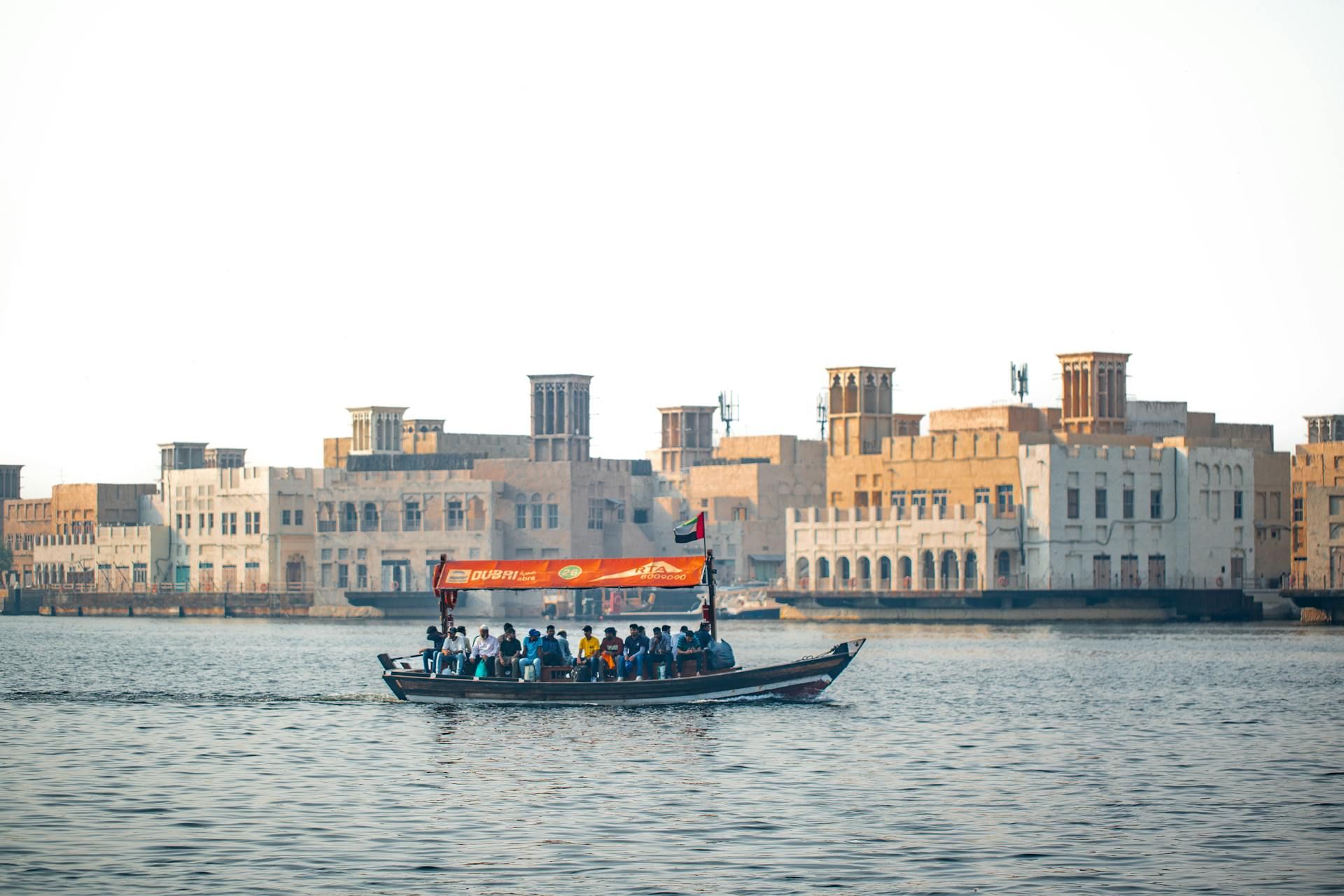
After a successful shopping trip, the area offers plenty of places to explore further. In addition to the market itself, the historic Al Fahidi Historical District invites you to explore. Its narrow streets and houses with characteristic wind towers (barajeel) hide small art galleries and atmospheric cafés. It is worth visiting the nearby Dubai Museum, located in the oldest preserved building in the city – Al Fahidi Fort. You can also continue your walk around Deira and Bur Dubai by taking an abra to the other side of the Creek, to the famous Gold Souk and Spice Souk.
When planning your visit to the historic part of the city, consider comfortable accommodation in Dubai to make the most of your time. For more information on transport, logistics and planning your visit, visit Two Continents.
Definitely yes. It is one of the most colourful and authentic Arab bazaars in Dubai.
The Cloth Souk is usually open from 9:00 a.m. to 10:00 p.m., with a break for lunch (between 1:00 p.m. and 4:00 p.m.), especially on Fridays, when opening hours may be reduced.
Yes, it is an excellent place, famous for the best souvenirs from Suk Al Fahidi, including textiles, spices and Arabic arts and crafts.
Nearby attractions include the Al Fahidi Historical District (Bastakiya), the Dubai Museum (Al Fahidi Fort) and the opportunity to take an abra ride to the Gold Souk and Spice Souk.
See other news

08/12/2025
Ryanair reinstates two routes from Poland to Scotland
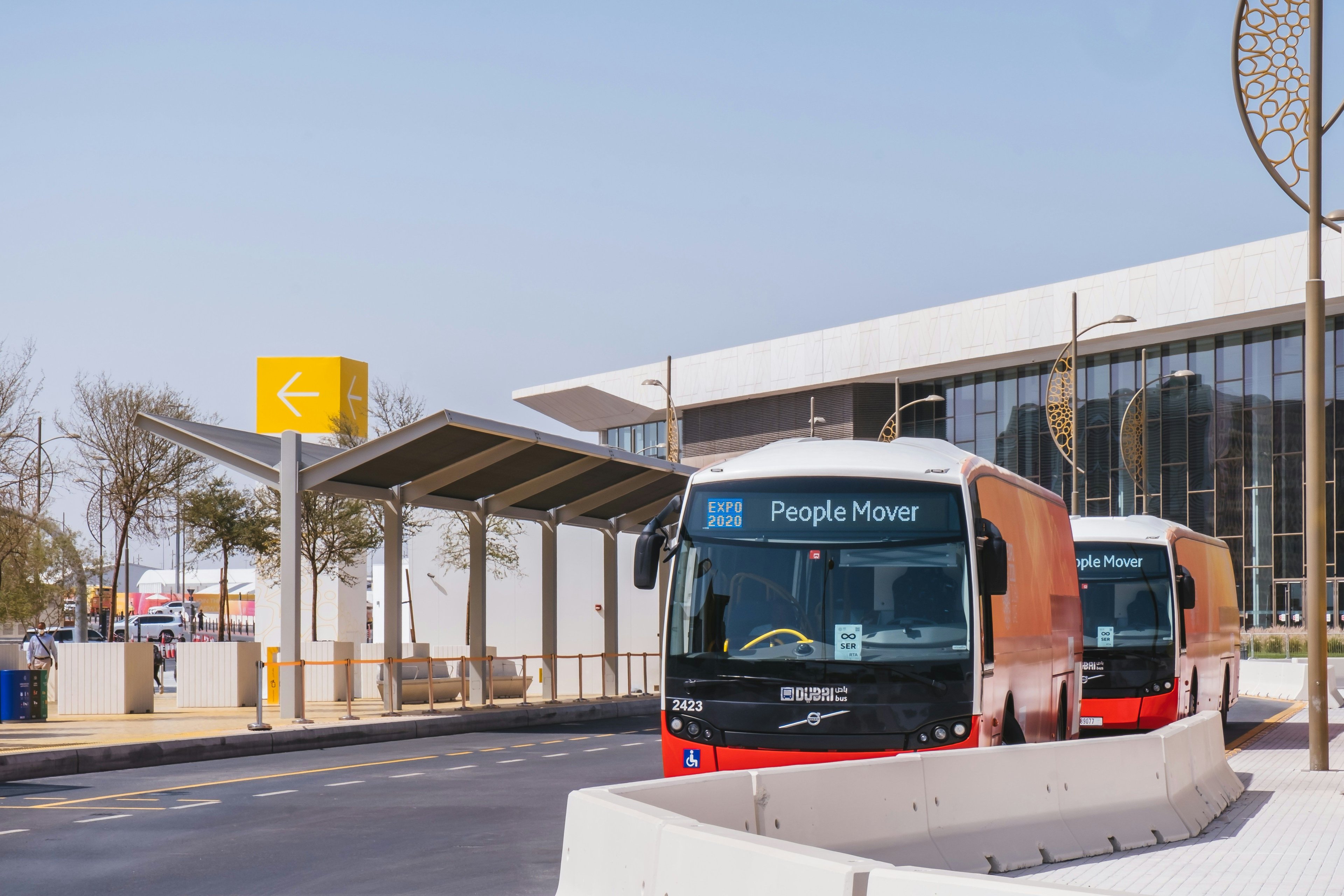
07/12/2025
Hundreds of new bus stops in Dubai
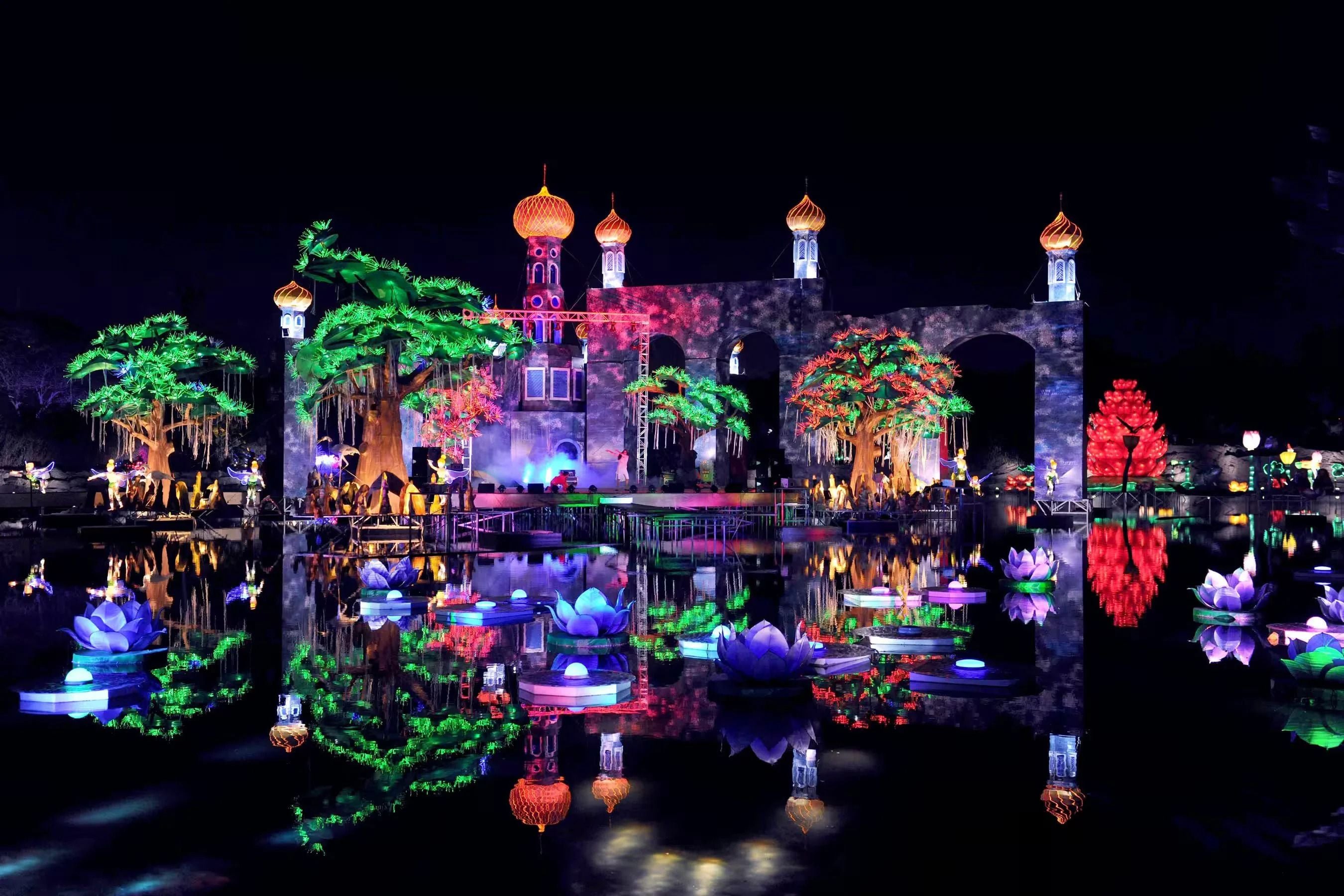
07/12/2025
Dubai Garden Glow reopens to visitors
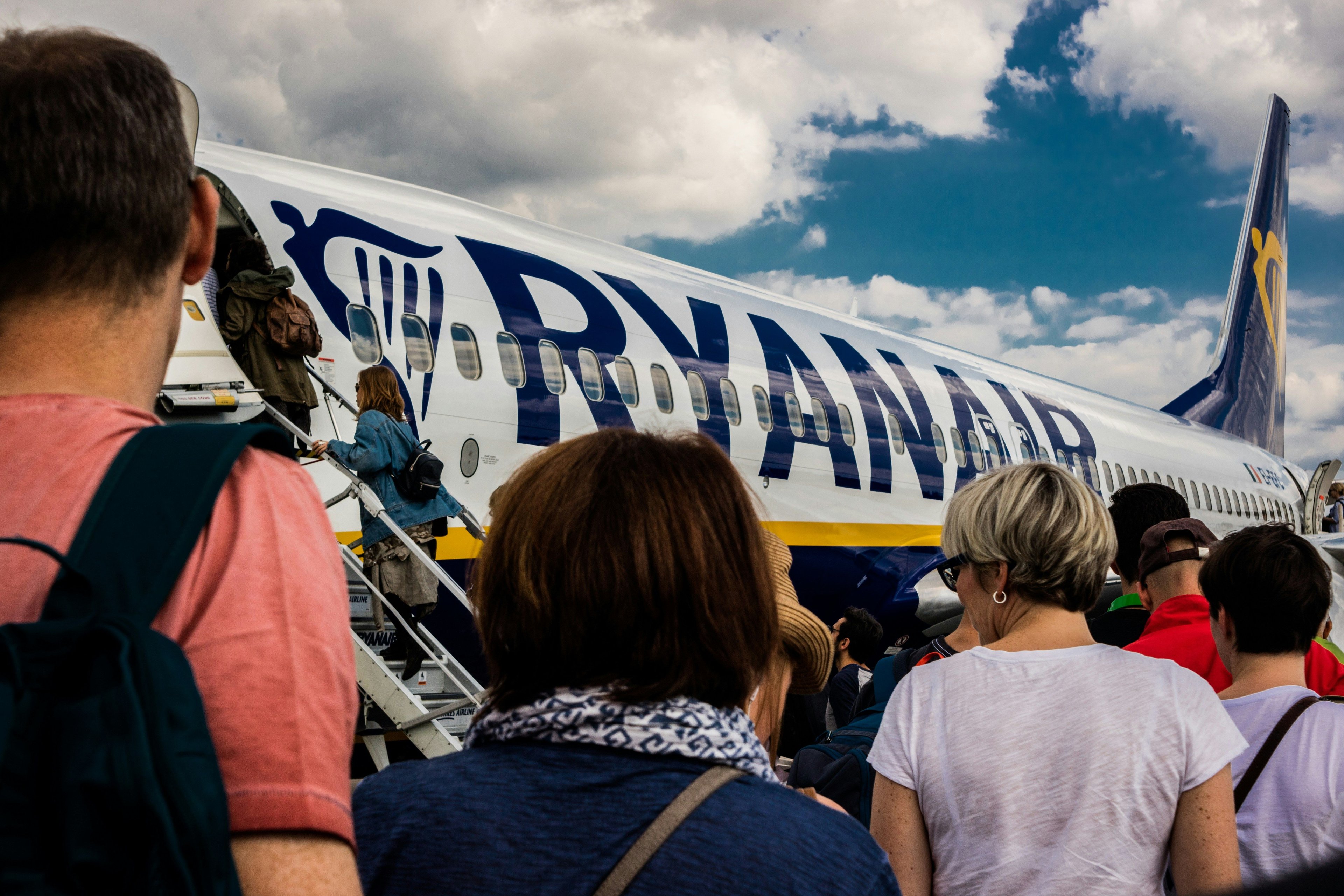
07/12/2025
Ryanair cuts flight connections between Poland and Ireland
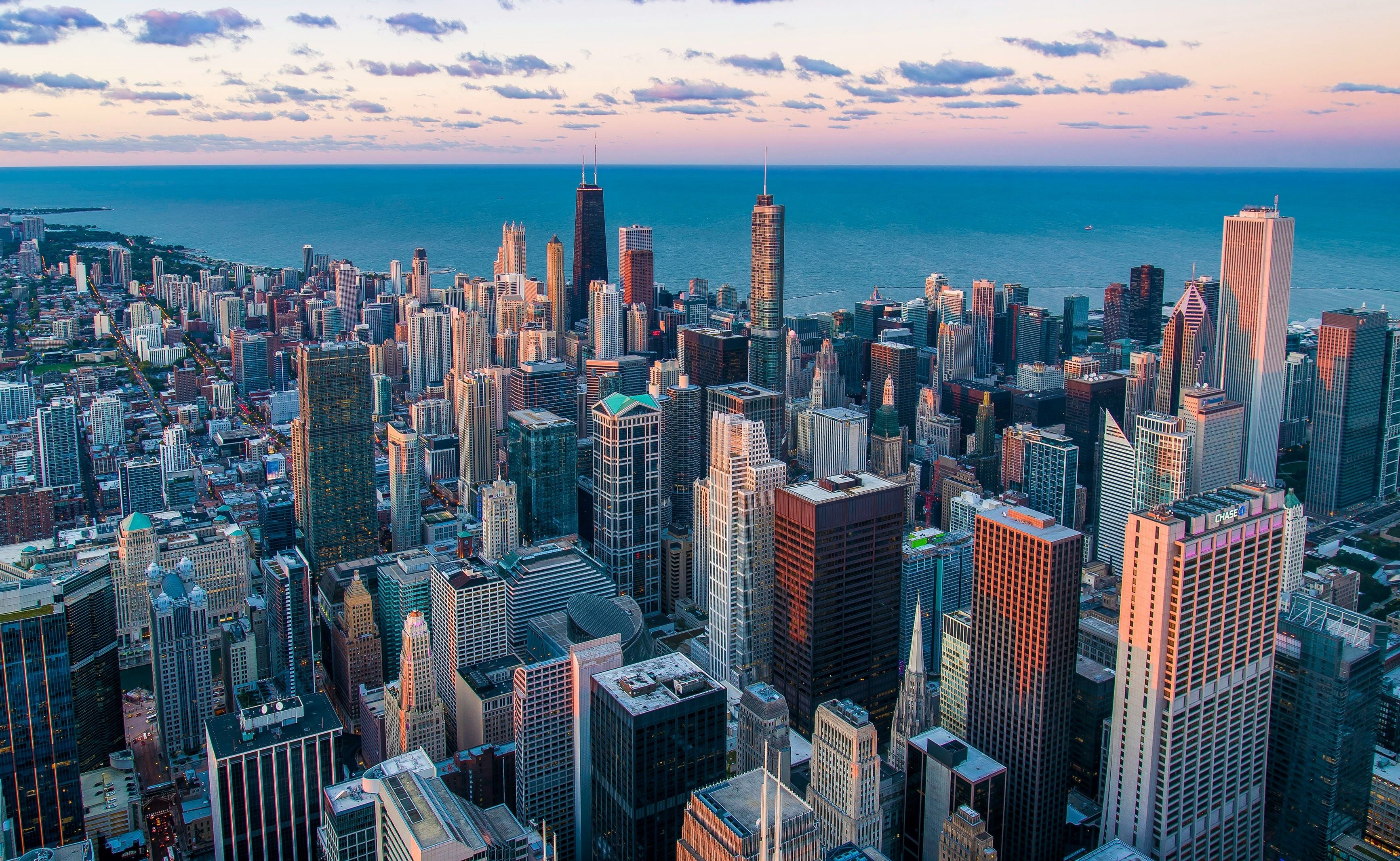
07/12/2025
More flights from Krakow to Chicago

07/12/2025
The best November in the history of Katowice Airport

07/12/2025
Poznan Airport to be expanded
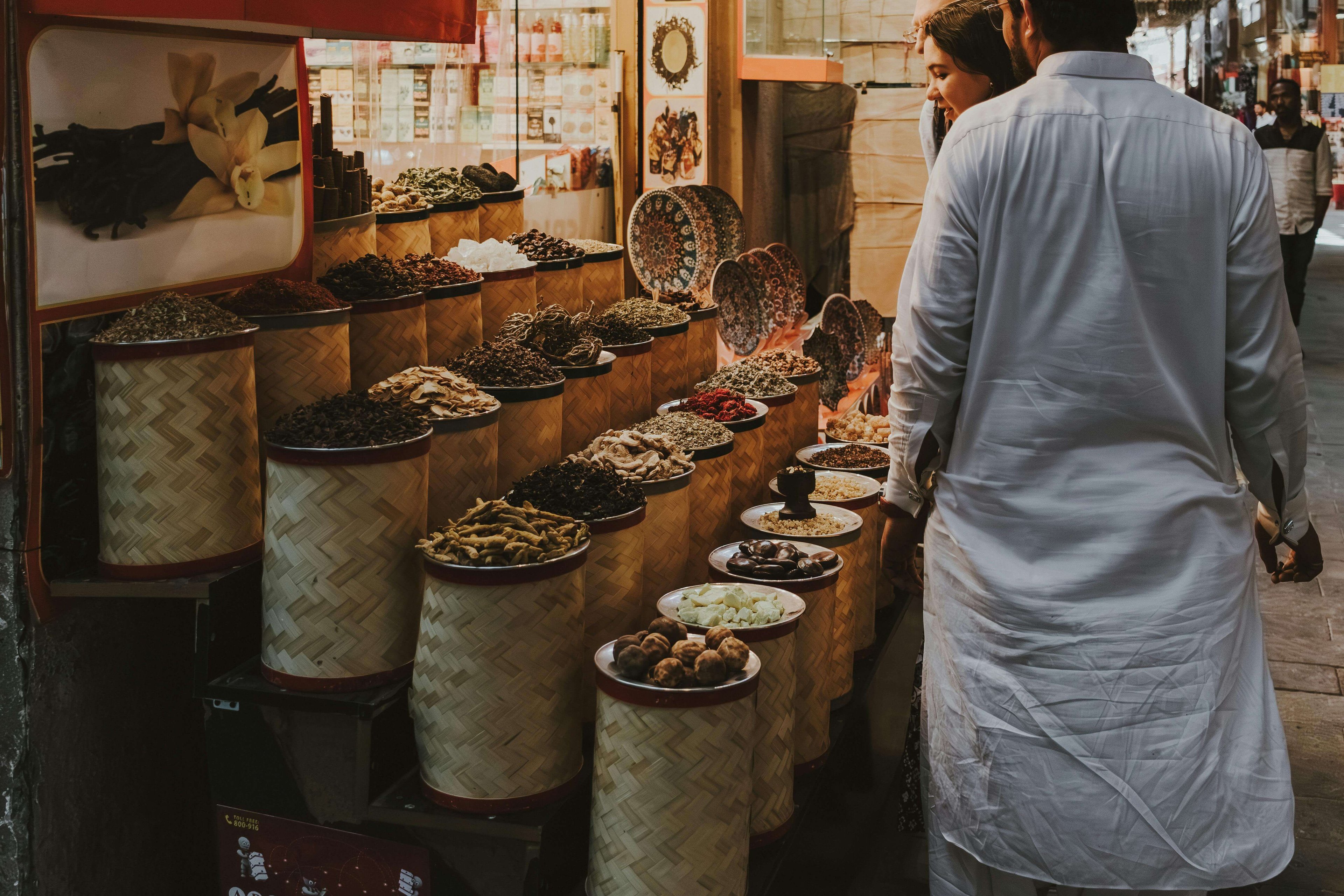
04/12/2025
The best markets and bazaars in Dubai - a guide
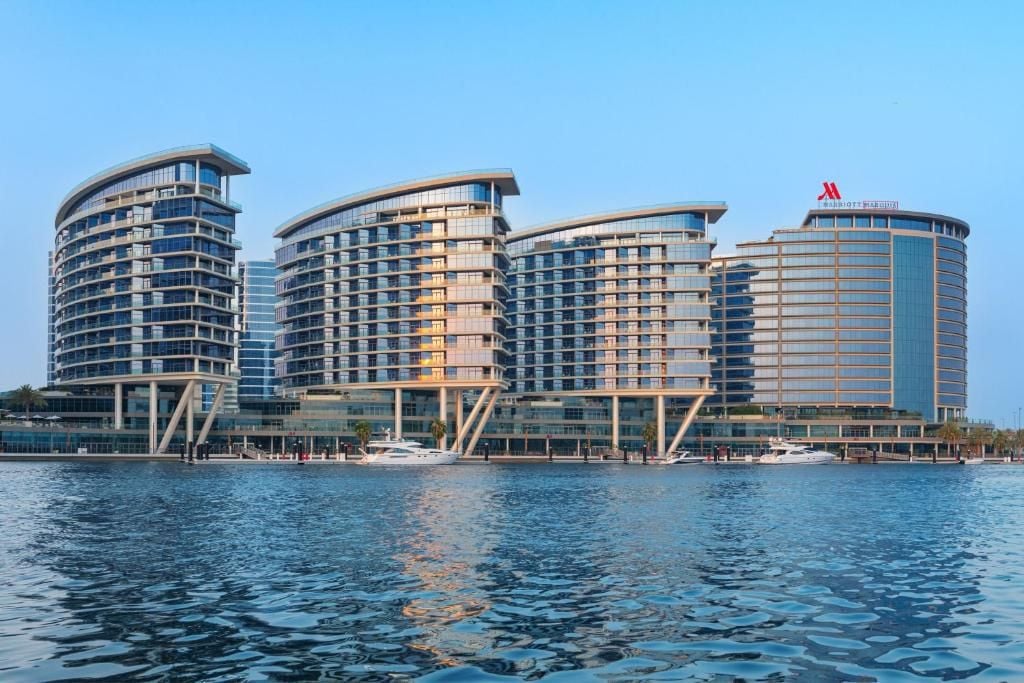
04/12/2025
Hotels for people with disabilities in Dubai – guide
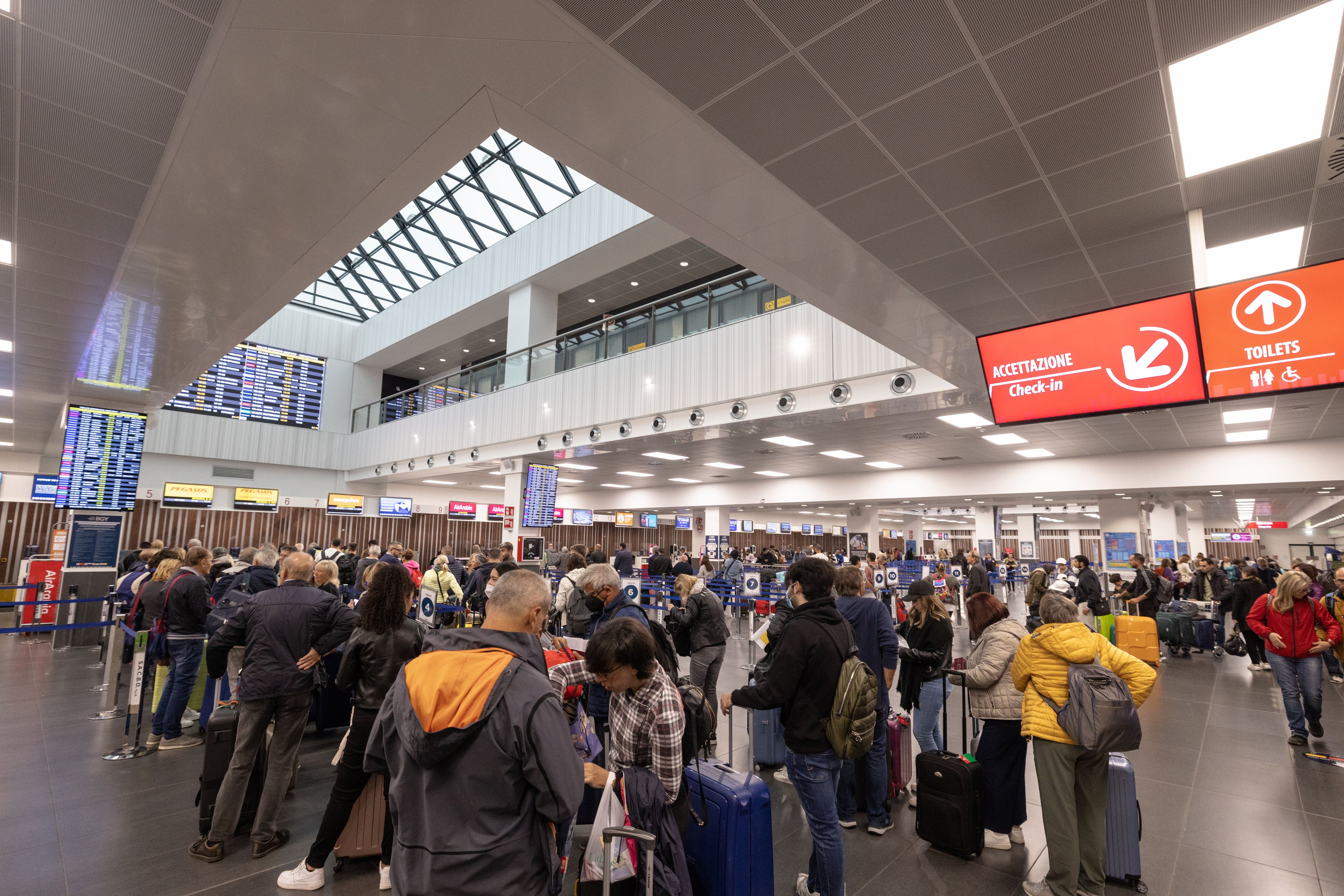
03/12/2025
Milan Bergamo Airport lifts restrictions on liquids in hand luggage